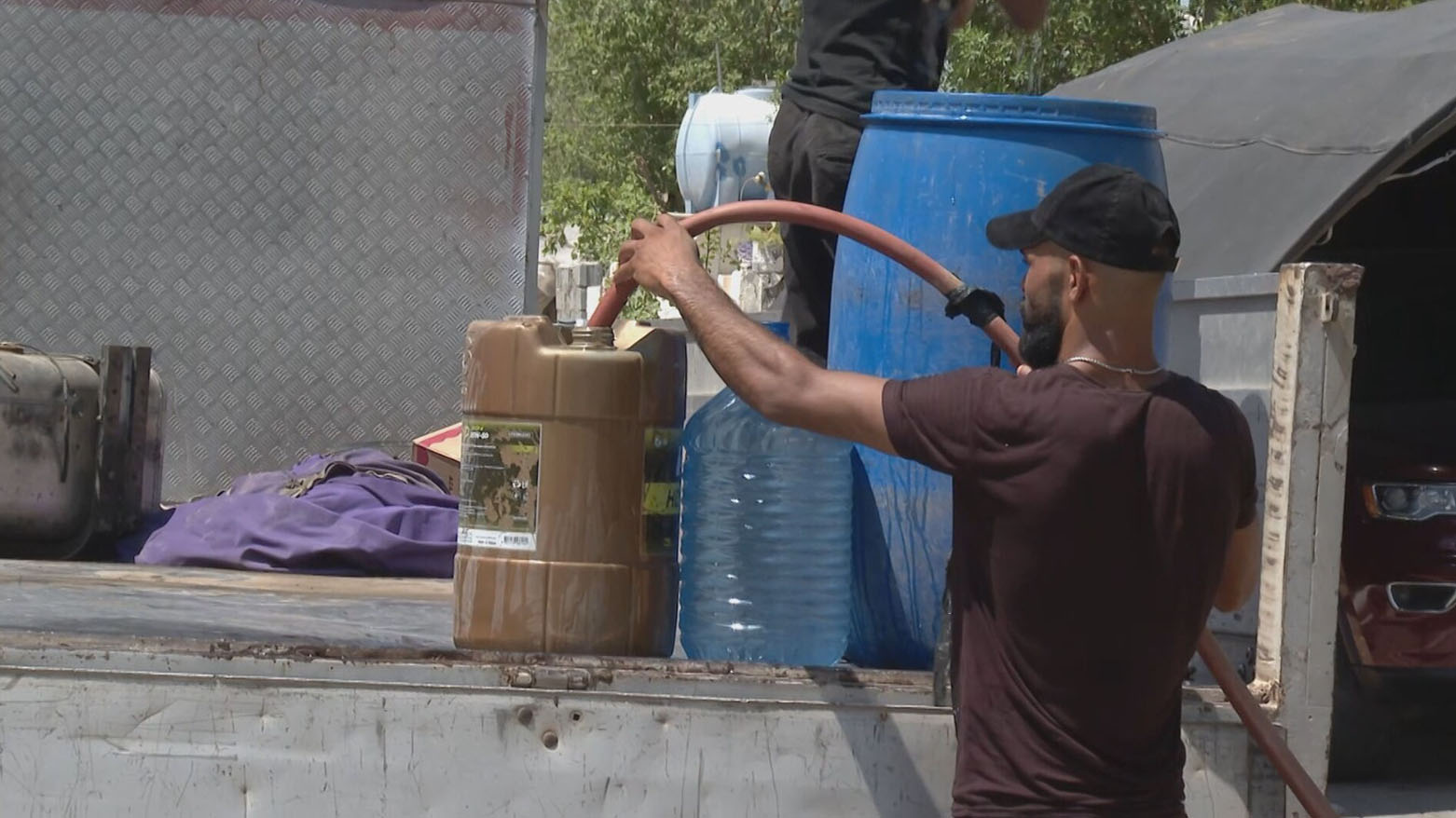BAGHDAD'S PERIPHERY LEFT DRY: Residents Rely on Wells Amid Chronic Water Shortage
In Baghdad’s outskirts, residents endure severe water shortages, relying on unsafe wells or expensive private deliveries. Despite huge budgets, broken infrastructure and neglect leave communities struggling. Government promises vanish, forcing people to risk health for survival.

By Ahora Qadi
ERBIL (Kurdistan24) – In the sprawling outskirts of Baghdad, where government services fade into neglect, thousands of residents are enduring severe shortages in drinking water, relying instead on underground wells that often fail to meet basic safety standards. In neighborhoods like Al-Duanym, the lack of piped water has turned daily survival into a burdensome routine.
Alarming Absence of Government Water
“There is no water—none at all,” a local resident told Kurdistan24. “We dig wells to survive. We drink the water we buy, and use well water for washing and cooling.” In Al-Duanym, the absence of any municipal water supply has forced residents to depend entirely on either expensive private water deliveries or shallow wells drilled into uncertain terrain.
The cost is steep. Another resident explained to Kurdistan24, “A single barrel of drinking water costs 30 to 40 thousand dinars. People are working day labor just to afford water. Where have government services gone?”
Seasonal Promises, Vanishing Infrastructure
The water crisis is not limited to Al-Duanym alone. Across Baghdad’s peripheries, similar scenes repeat in neighborhoods where infrastructure has crumbled and state attention is seasonal at best. According to residents, temporary water pumps often appear during election campaigns—only to vanish once the ballots are counted.
“They installed a pump during the elections,” said one man bitterly. “But after losing, they removed it. Now, we have no water and the pipes are all damaged.”
Budgets in Billions, But No Water on the Ground
Despite the annual allocation of hundreds of billions of Iraqi dinars for water infrastructure and services, the reality in many outer districts paints a different picture. Instead of access to treated government water, communities are left with outdated or absent networks and deteriorating pipes—forcing families to risk their health or finances for a basic human need.
This growing disconnect between budgetary allocations and on-the-ground services has raised serious questions about transparency and government accountability in one of the most vital sectors of public life.
As the summer heat intensifies across Iraq, the residents of Baghdad’s margins are left digging not just for water—but for answers.
